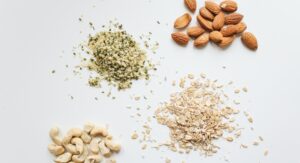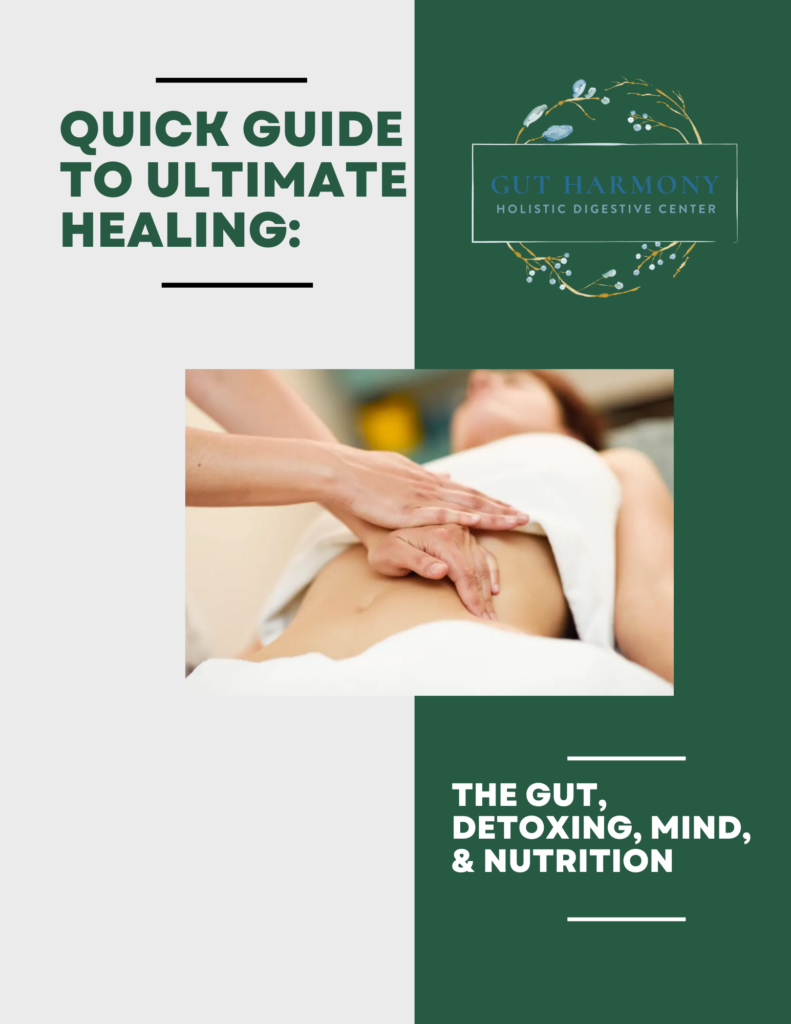Let’s dig deep into some of the questions we hear daily at Gut Harmony to dispel some of the myths surrounding carbs. In a healthy nutrition plan, carbs are a wonderful food group. Carbs are not inherently bad; in fact, they play a key role in a healthy metabolism and a wholesome nutrition plan while low-carb or no-carb diets can be harmful.
To begin, we need to understand metabolism. Metabolism is a process within our bodies that converts what we eat and drink into energy. Our bodies run on two sources of fuel: carbohydrates and fats. Our bodies can use protein for energy, but it is very inefficient. Be sure to use the right fuel source, at the right time, based on the right activity; here’s how:
- For high-intensity and long-distance running, you will want to use carbs as your energy source.
- For low-intensity exercise, such as walking or taking it easy on any given day, you will want to use fat as your fuel source.
Here’s the catch: if you consume a lot of fat without utilizing it as fuel for activity, the body simply stores it as fat instead of converting it to energy. If you consume more carbs than you burn in a day, that too can be stored as fat.
When your body burns through carbs but requires more energy, it then turns to stored fat as its fuel source creating the lean body most people desire. This is why so many people follow a low-carb to no-carb diet. However, this is not necessarily a good idea because carbs are the preferred fuel source for higher-intensity activities. The more active you are, the more carbs you should be consuming. Carbs carry glucose into the muscles to build muscle. This helps you to perform at a higher level. If there is a lack of stored glucose, it will be an inefficient source of energy. So, remember, if you have a high fuel demand, you will want to consider increasing your carb intake.
Carbs can also increase serotonin levels and shut down cortisol; which is a great way to slow things down. If you are not sleeping well, introduce carbs into your evening meal. This will decrease cortisol and increase serotonin, which in turn, will increase melatonin. And increased melatonin can aid in a restful night’s sleep. That said, cortisol is critical throughout the day to help mobilize stored energy. Having too much or too little cortisol can have a negative impact on your body. Healthy carbs help create the perfect balance.
If you are dealing with high anxiety, stress, and/or low serotonin, carbs may help. But what about insulin, right? Insulin is a storage hormone – storing energy inside your cells. As an anabolic hormone, we also need insulin to build muscle. Of course, too much of anything is a bad thing. Carbs do increase insulin; however, when we incorporate a well-balanced meal that includes healthy carbs, all of a sudden, that insulin spike is not as significant. More importantly, your blood sugar is less likely to “crash” when you eat a well-balanced meal.
For example: eating a bowl of plain rice causes a spike and a crash, but consuming rice with protein, vegetables, and fat allows your blood sugar to remain stable and you feel satiated while consuming carbs as part of a well-balanced meal.
Can carbs make you bloated? Or cause inflammation?
You may find that specific foods cause some bloating or you might have an intolerance to a certain carb, but this is not the case for all carbs. For example, sweet potatoes are considered a carb, but they are a beneficial addition to your diet. Foods such as pizza or cookies are typically labeled carb-heavy “junk food”, but they actually have a higher calorie content from fat vs carbs. In our opinion, those are just as much a “junk fat” food because the calories from fat are higher per gram than calories of carbs per gram. This conversion uses calories to calculate carbs vs fat to potentially be stored as body fat.

Some people function better and feel better on a higher carb diet; while others do better on a high-fat diet. We all respond differently to the foods we consume. To generalize that your reaction from one food group (carbs) means that the entire food group is the problem could prevent you from feeling your best. Remember, not all carbs are bad for you!
If you are struggling to identify what diet is best for you, give us a call. We would love to help you feel (and function) your best!












